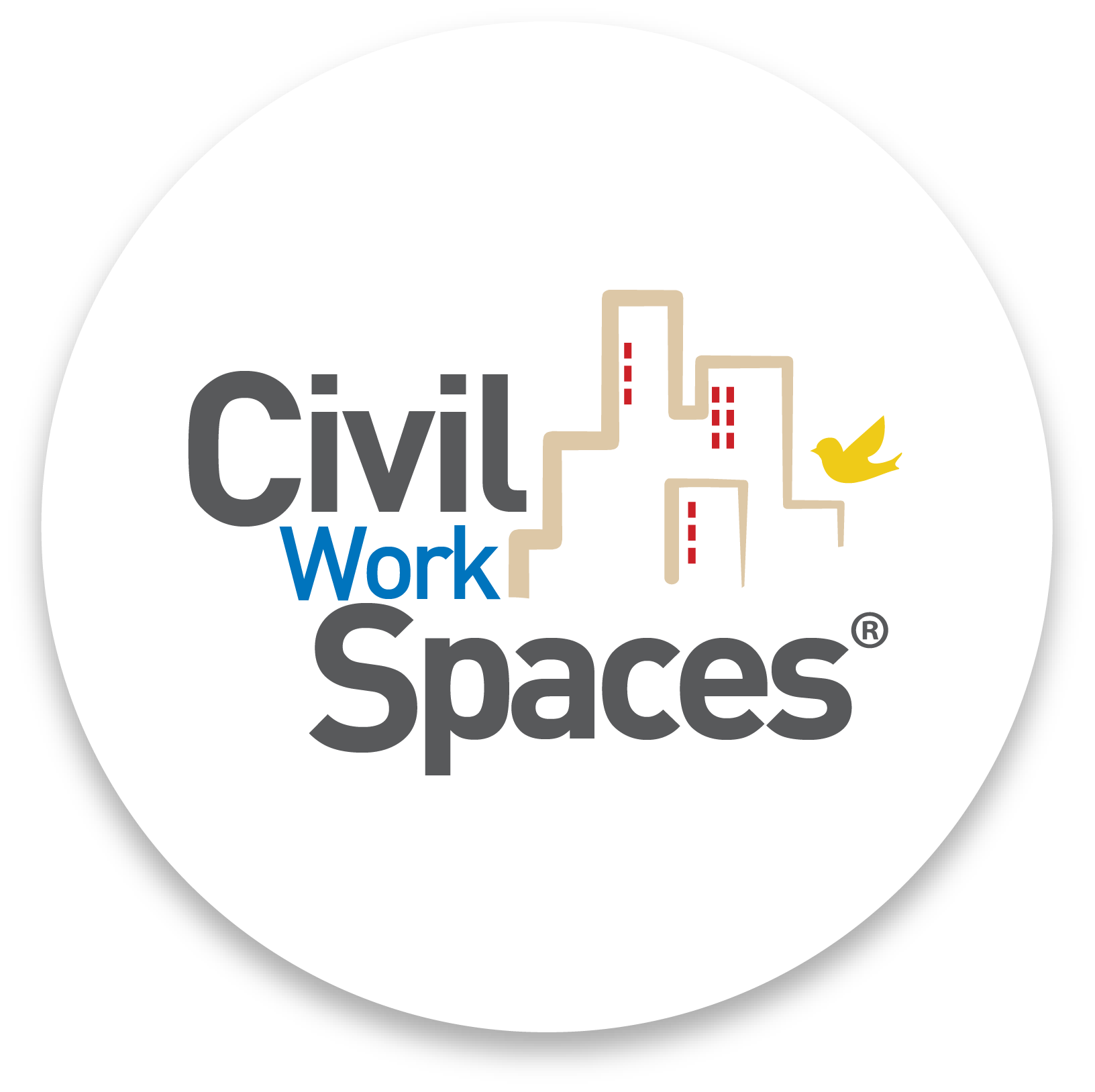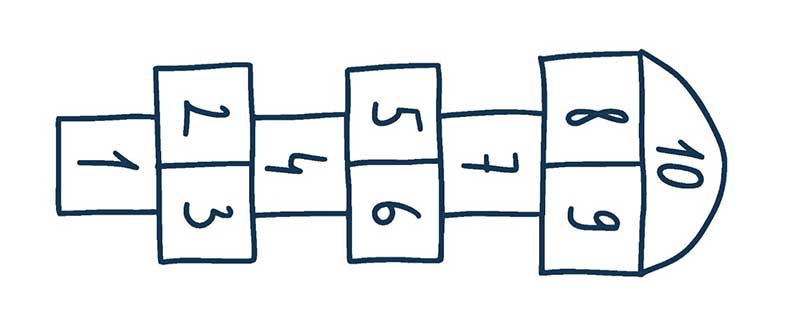 Do people really intend to be dismissive, belittling or inconsiderate when they engage in those seemingly insignificant behaviors that we refer to as workplace incivility? (The eye roll, sarcastic comment, little put down, harsh tone, a dash of juicy gossip, etc.)
Do people really intend to be dismissive, belittling or inconsiderate when they engage in those seemingly insignificant behaviors that we refer to as workplace incivility? (The eye roll, sarcastic comment, little put down, harsh tone, a dash of juicy gossip, etc.)
Truth is, we’ll never really know.
If asked what they were thinking or intending, the person who engaged in the behavior will say things like, “I wasn’t aware I did that,” or “I was simply frustrated,” or “I was stressed out,” or “that’s just how I speak.” Or they’ll rationalize the behavior with “sometimes the only way a person will hear you is if you use a tone or words that spell it out for them,” or “it was nothing—why make a big deal about something so minor?”
In short, when we are on the offender side, we:
- Aren’t aware that we did it in the first place, or
- Don’t realize the impact we’re having on the other person/s, or
- We find ways to justify our conduct, both in our minds and out loud
Meanwhile, the person on the receiving end is busy doing their own mental gymnastics. Instead of giving the person who initiated the behavior the benefit of the doubt (“she didn’t really mean it,” or “he’s under a lot of stress”), they jump to the conclusion that the behavior was intentional—that it was an outright attack on them. When you’re on the receiving side, stressful thoughts set in swiftly and aggressively.
We humans are meaning-making machines. All too often we leap to assumptions and explanations that are imbued with rich drama (“she humiliated me on purpose!”, “he drove right over me with a bulldozer!”) and from there, with a quick hop and without ever pausing for a deep breath or a moment of rational evaluation, we land ourselves in one or all of:
- Self-doubt, insecurity, anxiety and humiliation (within a nanosecond we’re back in grade three when we were not selected for the team)—we experience withdrawal and discouragement, and/or
- Retaliation—we plot schemes for getting even, because hey why not give that person a bit of their own medicine (after all, they deserve it), and/or
- Exaggerated negative conclusions about the larger environment and our place within it—“my useless manager does nothing to stop this behavior,” or “nobody cares about me here so I should lower my work effort in return”
Sometimes it’s hard to comprehend why we let ourselves fall into these dark labyrinths of the mind in reaction to low-intensity uncivil, unwanted behaviors. Being in ‘Velcro mode,’ where we allow negative thoughts stick to us and interfere with our inner equanimity, can lead us to lots of unnecessary self-inflicted pain.
Here’s one thing I know for sure:
- In his book, Man’s Search for Meaning, Viktor Frankl shares a profound truth: “Between stimulus and response there is a space. In that space lies our power to choose our response. In our response lies our growth and our freedom.” The next time you’re on the receiving end of a behavior that is not as courteous you had hoped, how can you create that precious space in your inner mind between that stimulus (i.e. their behavior) and your response?
- What is one thing might you do differently next time you encounter incivility that is directed at you?
Good luck on the journey!
Workplace Culture: You Get What You Grow
Having worked with companies for more than 25 years on leadership development, civility, and performance, I have learned one thing for certain: every company has a distinct culture, either by design (intentional) or by default (unintentional).
Micro-inequities, Bias and Incivility
I sometimes get asked about the relationship between micro-inequities and workplace incivility. With current racial tensions in the background, let’s take a look at this question.
Workplace Incivility: What is it and Why Does it Matter?
Eye-rolling, heavy sighs, sarcasm, gossip, tardiness, deliberate withholding of information, and failure to greet or acknowledge others are all common forms of workplace incivility.
What to Do when You Are a Workplace Bystander
Here’s a great question to ponder: “How might you become a stronger voice for a healthier workplace?”
Workplace Civility in the Age of COVID-19
The COVID-19 pandemic has not only reinforced the importance of civility in the workplace, but it has impacted its implementation and practice as well.
When Reality Trumps Civility
In a recent workshop, as we were reviewing the list of behaviors that are considered workplace incivility, a manager exclaimed, “Are we now teaching people in the workplace basic manners? Is this what we have come to?!”
Empowering your Employees to Solve Civility Related Issues
How often do employees at your company talk about colleagues who upset or offended them?
Hop, Skip, and Leap to Conclusions!
Do people really intend to be dismissive, belittling or inconsiderate when they engage in those seemingly insignificant behaviors that we refer to as workplace incivility?
Helping Employees Assess their Workplace Behaviors
Today’s workplace is ever-changing, but one thing remains constant: the most productive, profitable workplaces are also the ones that deliberately cultivate a culture of civility and respect.
Ten Mental Barriers to Stepping Up
If you have refrained from taking action to deal with incivility in your workplace, you must have had good reasons to do so.


